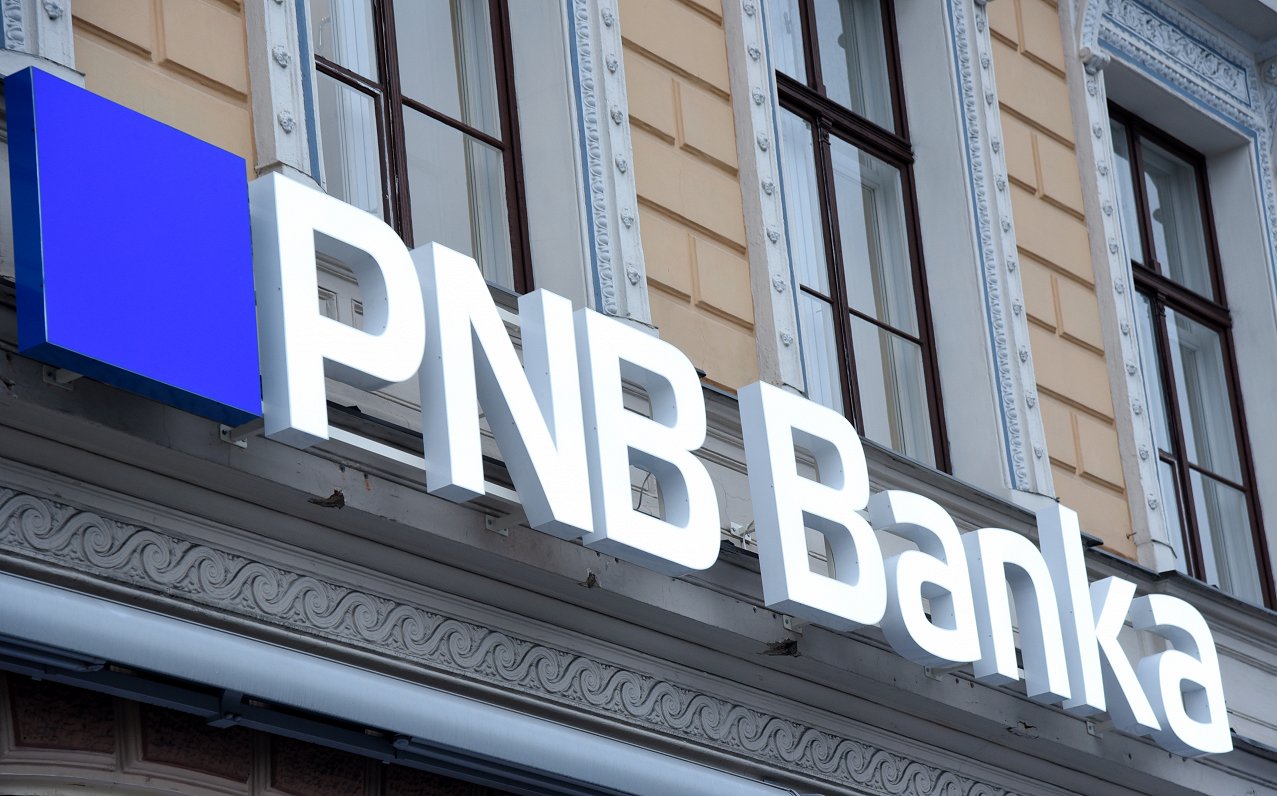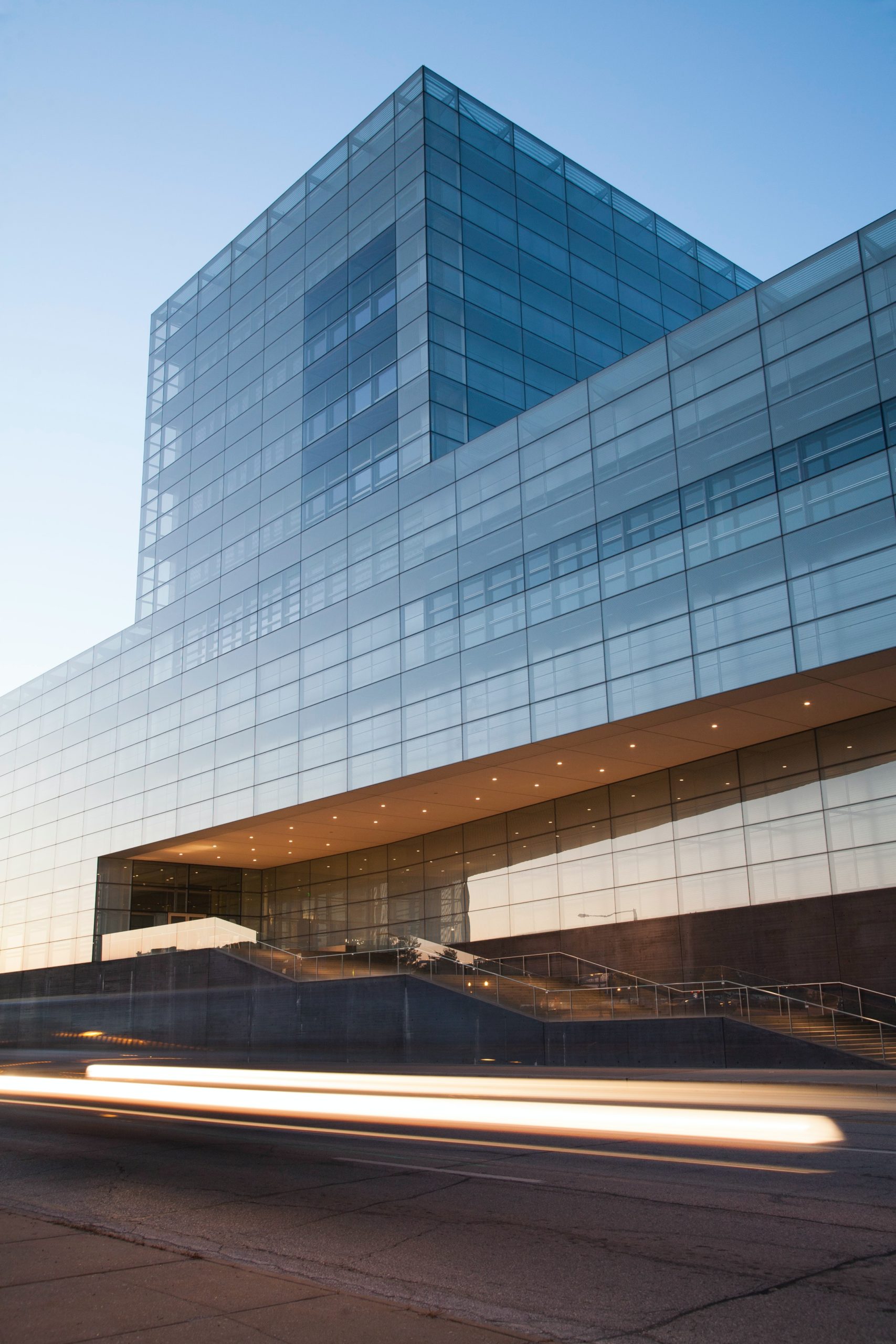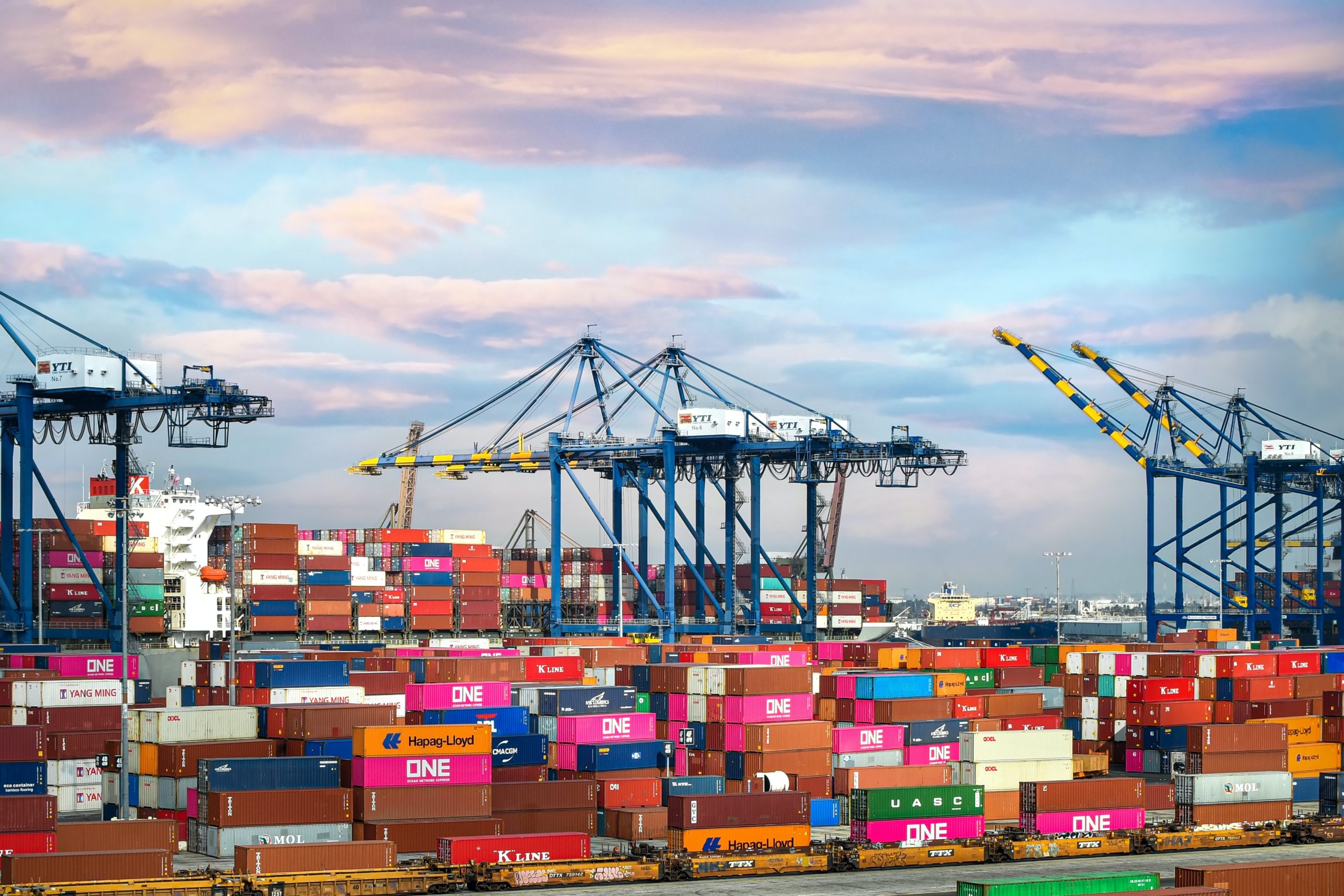If a firm provides more than 100,000 m3/year of services for at least one of these four service categories, the PUC will control both sewerage and water supply services in the sector. A public service provider needs a tariff that has been authorized by the regulator to provide water management services. They also need to be enrolled in the register of service providers. To provide continuous, safe, and high-quality public services up to the point at which the services are provided at rates permitted by the regulator, the regulator’s competence is to supervise public service providers.

Restrictions for delivering public services
The restrictions on the supply of public services in the sector are as follows:
The provision of water services
Water delivery to a service user along external water networks that are owned, managed, or used by a public service provider, up to a commercial meter that has been installed in the collective node of water metering on the input into a building or a group of buildings or up to the input into a building or a group of buildings and that measures the total consumption of water.
Regarding sewerage services
Provision of sewage services through a manhole linked to sewer networks owned, operated, or used by a public utility. A public service user must sign a contract with a service provider (for a private home) or the manager of a residential building (for an apartment building) to access the services. Contracts must take into consideration the legally enforceable rules established by local governments that control the interactions between service providers and customers of water supply and sewage systems within a certain administrative region.
Water management service providers
Multiple service providers may operate inside the same administrative region. In its administrative jurisdiction, the local government is in charge of providing water management services. The local government assigns a public service provider to perform the services in a certain region when it enters into a contract.
Tariffs
Tariffs vary in different urban areas, and these variations are influenced by the terms of service delivery, including the technological options chosen for a water supply system, the system’s compactness and technological state, as well as the geographic, demographic, and other characteristics of each urban area. Topography, urbanization, the number of service users, density, and other characteristics are only a few.
List of required licenses
The list of licenses needed for water delivery, wastewater management, and water recovery businesses in Latvia is provided below, organized by the entity responsible for granting the licenses.
Public Utilities Commission
The following licenses are granted by the Public Utilities Commission:
- registering for municipal garbage management
- enrollment in deposit packaging management
- Getting registered to provide water management services
State Environmental Service
The State Environmental Service is responsible for issuing the following licenses:
- Permit for trash transshipment, sorting, or storage
- Permission to handle waste
- Permission to utilize water Resources
- Harmonization of waste-related cross-border communications (procedure for prior written notification and consent).







